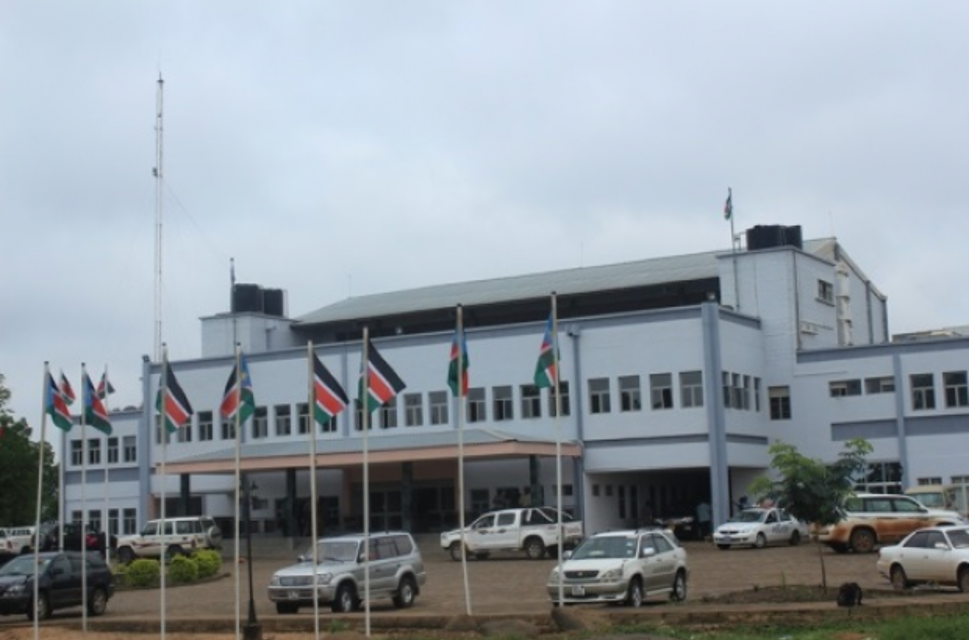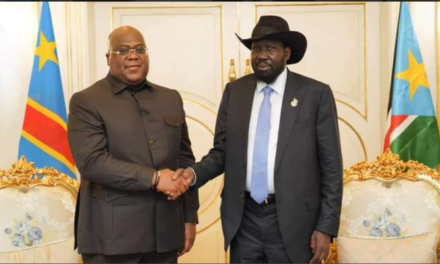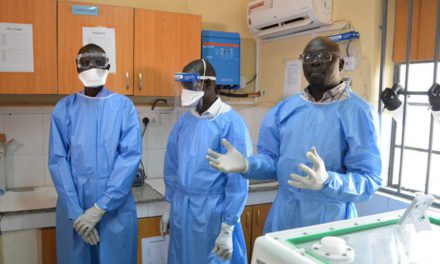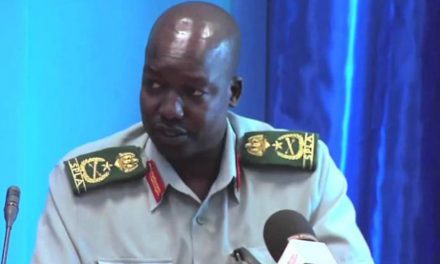
Women with Disabilities demand positions in parliament

By Winnie Cirino
The South Sudan Women with Disabilities Network is calling on the South Sudan government to create spaces for women with disability in the Transitional National Legislative Assembly (TNLA) to help raise concerns of the disabled women at the national level.
Diana Joseph, acting chairperson of the nonprofit who is also a survivor of Gender Based Violence says women with disabilities are vulnerable to abuses and most of them suffer in silence.
Mrs. Joseph who has been living with disability conceived a child after her boyfriend raped her in 2014. Her parents chased her to the boy’s home where she faced rebukes and discrimination based on her physical challenges.
Her boyfriend’s relatives called her names. Some even said “no man would ever marry her.”
People with disabilities continue to experience gender-based violence in South Sudan without any government interventions.
“We don’t have ears that are ready to listen to us, we don’t have people who are ready to attend to us, we have people who see us as no body, like I fall into problem, the very person who’s supposed to support me intends to silence me.” She said.
“A person with disability with cases of rape, we experience it on daily basis and rape of persons with disabilities are normally from people who are close to them.
persons with disability often face stigma and the society undermines their pleas for help Mrs. Joseph says.
She says it is time the country’s lawmakers enact laws to protect persons with disability.
“You need to empower women with disability economically because you know cases like police case, medical cases are expensive of which if I am not economically supported, I cannot do all these procedures”
“The other thing you need to do is that our political space at all levels, as women with disability let us have a representative for women with disability in the parliament because there’re other challenges that are to be put in the constitution so that people know there’re people down there to be supported.” She added.
Ajak Ibrahim Kuel, a South Sudanese feminist and researcher for a radio talk show GenderTalk211 says cases of physical and sexual violence perpetuated through child marriage, wife heritance and bride kidnapping are too common in South Sudan
Kuel is calling on leaders in South Sudan Legislative Assembly at both national and state levels to enact laws that would punish individuals involved in gender-based violence.
“Make sure that certain things are illegal. Within South Sudan marital rape is legal in the constitution. Even just making sure that rape is not a part of our constitution, it’s not something that they endorse, you know, starting from their legislation, as well as making sure that the people they hire to represent them and work for the people are not the ones perpetuating that violence.” She said.
Kuel says girls and women should also create awareness on the different forms of Gender Based Violence experienced by women and girls in the country in order to combat unreported cases of abuse against women.
Jackie Aparo is a student at the Catholic University of South Sudan. She worked for a humanitarian organization in Kapoeta in Eastern Equatoria state in 2018 where cases of domestic violence and early child marriages were too common.
She says creating awareness about Gender Based Violence in South Sudan is one way of addressing the issue.
“You will find that someone becomes desperate in a situation where you experience cases to do with early marriage, forced marriage, so there should be really a sense of awareness, could be a training, could be some educative poems or songs translated in the different dialect such that people get to understand the importance of a woman, or a girl or a female compared to a male person.” Aparo says.
She demands educated South Sudanese women to step up in the fight against Gender based Violence.
“Successful South Sudanese women who are working for the government, local and international organizations should become ambassadors of the unprivileged women and girls who are victims of Gender Based Violence in South Sudan.” Aparo said.





















Recent Comments